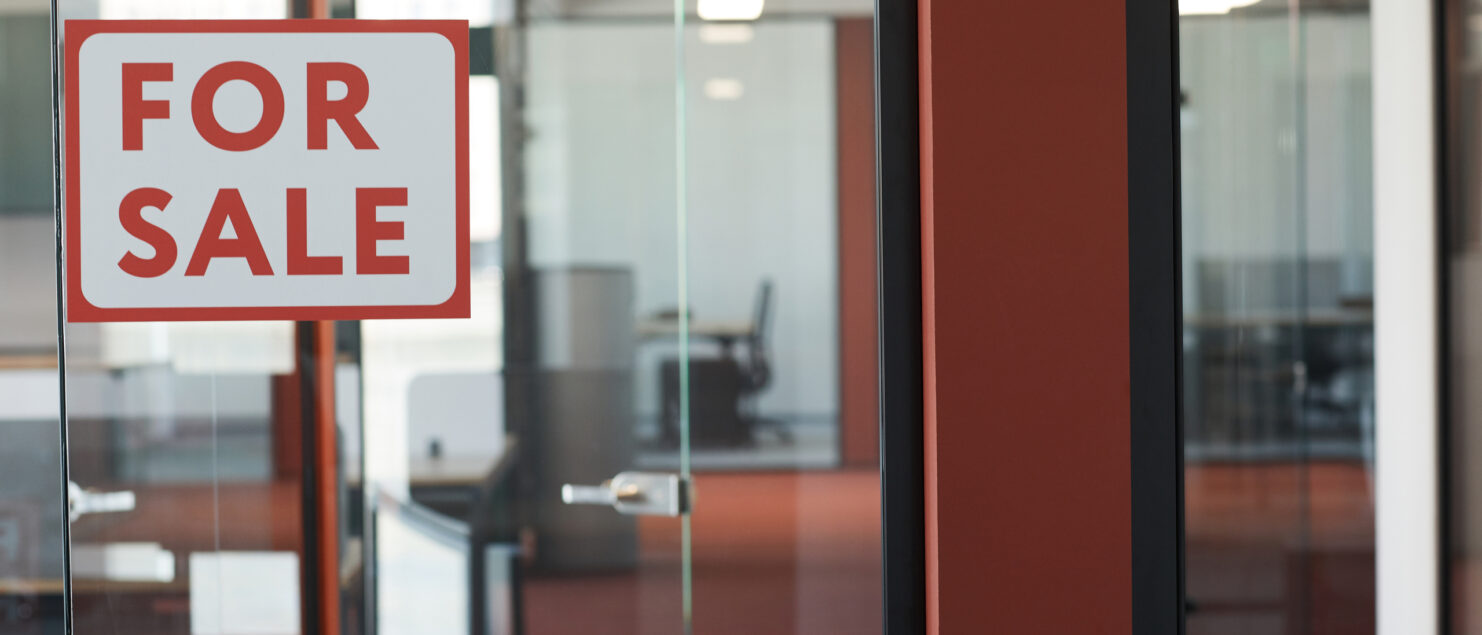Buying property through your SIPP or SSAS? Here are 7 important considerations
Small, self-administered schemes (SSAS) and self-invested personal pensions (SIPP) are types of pension schemes that offer a host of opportunities to grow your wealth and save for retirement. One of these opportunities, particularly for business owners, is the ability to purchase commercial property.
There are lots of benefits to buying property using your pension scheme, but there are also some risks to consider. It may not be suitable for everyone.
Read on to learn more about the benefits and considerations to think about before you go ahead with the purchase.
1. You can only buy commercial property with your pension scheme
It’s important to note that you can only buy commercial properties with your pension scheme; residential properties aren’t permitted. Within these restrictions, you can purchase properties that are freehold, leasehold, or commonhold.
The types of properties that are permitted include:
- Offices
- Retail units
- Warehouses and factories
- Leisure facilities such as gyms
- Hospitality venues including restaurants and cinemas.
Some commercial properties have a residential element, such as a shop that has a self-contained flat above. In certain circumstances, it may still be possible to purchase the property, albeit with some added complications.
You can also invest in development land.
2. You can rent the property to your business
One of the biggest benefits of owning commercial property within your pension is that you can rent the premises to your business. This means that your monthly rental payments are fed directly back into your pension, reaping the tax efficiencies that this can also offer.
This can create security for your business, as you aren’t reliant on a landlord. Additionally, it’s nice to know that the rent your business pays for its offices is going towards your pension rather than a landlord.
If you plan to rent your property to your business, you will need to sign a formal lease. The rate you charge must be in line with the current market value, so it’s not possible to offer yourself reduced rates just because your pension owns the property.
3. You can take out a mortgage if you don’t have enough funds in your pension pot
Ordinarily, you would use the funds contained within your pension scheme to pay for the property; in some cases, you might team up with someone else to buy the property jointly.
If you don’t have enough money in your pension to pay for the property outright, there is also the option of taking out a mortgage. If you are renting the property to your business, you can use the income to pay the monthly repayments on the mortgage.
4. Buying a property through your pension is highly tax-efficient
There are many tax advantages to purchasing commercial property using your pension, including:
- Any gains the property makes when you come to sell it will be free of Capital Gains Tax.
- The rent that your business pays for using the space is free of Income Tax.
- Office rent is an allowable expense, so you could reduce your business’ Corporation Tax bill.
5. Property purchased using a pension is ringfenced from the business’ finances
A further benefit of holding property within a pension scheme is that it is not considered part of the business’ assets. Essentially, it is held in trust for the purpose of funding your retirement and that of your fellow trustees.
This means that the value of the property can’t be used by creditors in the event that your business fails. Instead, it is protected for your retirement fund.
6. The type of pension scheme you use could affect how ownership is distributed
While investing in property can bring many benefits, it’s not suitable for everyone.
If you’re using a SSAS to purchase the property, all of the trustees must agree to the purchase and to any development work that you wish to carry out. Moreover, the property is jointly owned by the trustees.
A SIPP tends to ringfence each members’ assets, so if you buy a property jointly with the other members, you will each purchase a fixed percentage of the property.
Read more: SIPP versus SSAS – how to determine which pension is right for you
7. Investing in property may not be suitable for everyone
Remember that the primary purpose of your pension is to help you save for retirement. This means that the most suitable way to use it will depend on your personal circumstances and your goals.
Property is a relatively illiquid asset, meaning it may take longer to access the money you’ve invested in it. This might not be suitable if you’re planning to retire in the near future.
Additionally, if you need to use the majority or entirety of your pension to buy the property, you could be missing out on crucial diversification. By putting “all of your eggs in one basket”, you may increase the risk that your retirement savings are exposed to.
Get in touch
Investing in property using your pension scheme can be extremely complex. There are lots of factors to consider, and with your retirement savings at stake, it’s vital to make the right decision for you.
Here at Chapter3, we’re specialists in lifestyle financial planning and are experienced in supporting business owners to achieve their life goals.
Say hello to us at [email protected], call us on 0161 541 2826, or submit a contact form on our website.
Please note
A pension is a long-term investment not normally accessible until 55 (57 from April 2028). The fund value may fluctuate and can go down, which would have an impact on the level of pension benefits available. Past performance is not a reliable indicator of future results.
The tax implications of pension withdrawals will be based on your individual circumstances. Thresholds, percentage rates and tax legislation may change in subsequent Finance Acts.
Buy-to-let (pure) and commercial mortgages are not regulated by the FCA.
This article is for information only. Please do not act based on anything you might read in this article. All contents are based on our understanding of HMRC legislation, which is subject to change.

